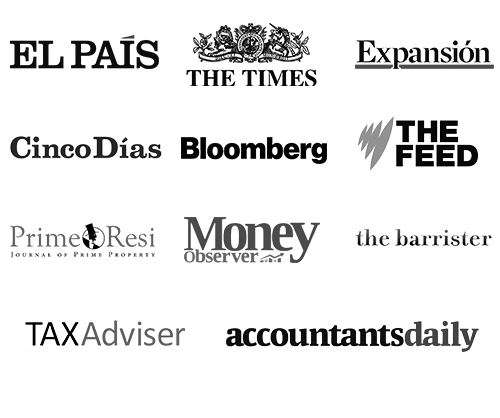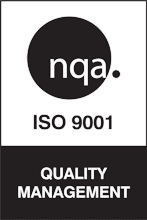Global Mobility
Visa, Tax, Spanish Residency and Immigration related services
Del Canto Chambers provides world-class, personalised advice to individuals moving to Spain and large and international businesses whose employees travel and work overseas.

If you are buying a residential property in Spain the amount of tax you will pay will depend on where you are buying and whether it is a new or resale property:
We help expatriates, executives, and board directors with their reporting obligations and international tax planning, advise them on the best Spanish Visa option, and assist them through the application process.
Tax matters are very personal. Bearing this in mind, we adapt our advice to each client’s needs, providing practical, clear, and action-based guidance and recommendations to help our clients make informed decisions.
Our Global Mobility team, formed by experts, provides you with the relevant information on the residency visas, nationality and relocation tax benefits ( available and helps you decide on the most suitable option.
Our aim is for our clients to simplify matters, reduce costs, maintain their wealth and help it steadily increase.
Our Global Mobility Services:
Global Mobility – Relocating to Spain
Moving to Spain
Spanish Digital Nomad Visa
Non-Lucrative Visa
Self-Employment Work Visa
Highly Qualified Professional Visa
The Golden Visa Spain
The Democratic Memory Law Visa
The Beckham Rule
Let us guide you on our services for Global Mobility
To make a no-obligation enquiry, please either call us now on:
+44 2070 430648
or complete our online form on our contact page, which after receipt we will come back to you within 24 hours.


